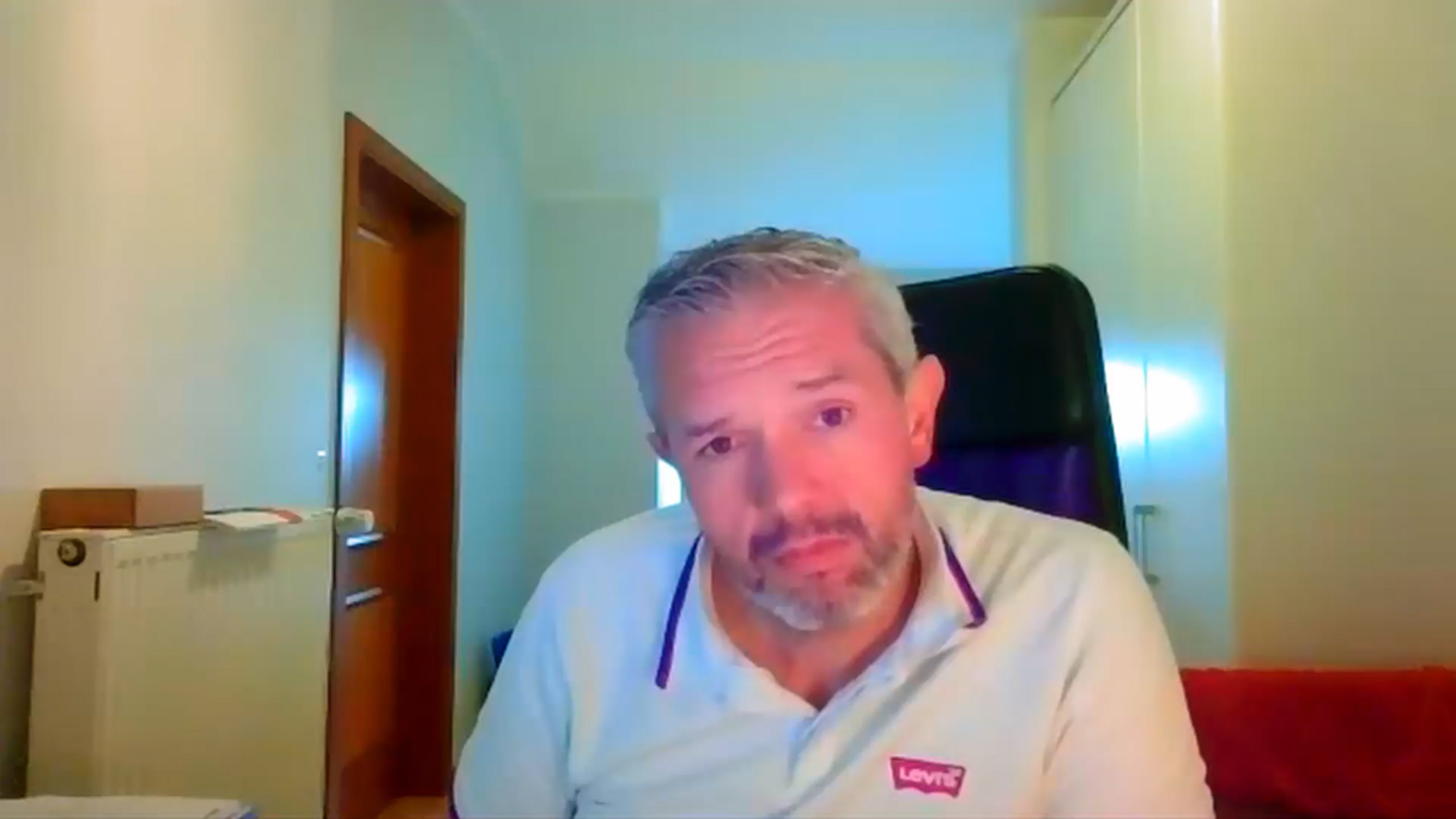
Unit Cost per Parcel
Former VP, Amazon Logistics Europe
inpractise.com/articles/amzn-cost-per-parcel
Why is this interview interesting?
- Why the cost per parcel to deliver hasn’t changed much in the last decade
Philippe Hemard
Former VP, Amazon Logistics Europe
Interview Transcript
How have you seen the cost per parcel decline over the last two decades?
It will not. In delivery, it will not. I don’t believe the cost will decline, at all. I believe, today, the level that it will reach in many places, in Europe or in the US, the levels of ecommerce in general, are close to the optimal, for many carriers and for Amazon, as well. Therefore, this cost will only grow by fuel, wages and stuff like that. There are a few innovations that are coming to help, such as lockers and pick-up points. But I don’t believe it will decline. I think it will be capped, as far as possible and flat for a few years and, after that, slightly increase, over time.
So you think Amazon, particularly, will have to wear the increase in the cost, potentially, if they go to one-hour delivery?
Yes, absolutely. That’s a no-brainer. The one or two-hour delivery increases the cost of delivery. Even the evening delivery that we have, it’s just mathematical, but reducing the window of when you deliver, that decreases the density. The problem is, in a delivery network, you have to at least come from the place where you picked the parcels up. This is called the stem time, in this business, which is the time between the location where you pick up the parcels and the first delivery, has to be amortized in the round. The rest could be very dense, but this first part, you need to deal with. You don’t always deliver around your delivery station; you sometimes have to do 20 or 30 miles before you get to your first delivery. This could sometimes take an hour. In that hour, you don’t deliver any parcels, so therefore, the more you reduce this window, your productivity in delivering gets worse. I don’t believe that we will see decreasing costs in parcel delivery.
Copyright Notice
This document may not be reproduced, distributed, or transmitted in any form or by any means including resale of any part, unauthorised distribution to a third party or other electronic methods, without the prior written permission of IP 1 Ltd.
IP 1 Ltd, trading as In Practise (herein referred to as "IP") is a company registered in England and Wales and is not a registered investment advisor or broker-dealer, and is not licensed nor qualified to provide investment advice.
In Practise reserves all copyright, intellectual and other property rights in the Content. The information published in this transcript (“Content”) is for information purposes only and should not be used as the sole basis for making any investment decision. Information provided by IP is to be used as an educational tool and nothing in this Content shall be construed as an offer, recommendation or solicitation regarding any financial product, service or management of investments or securities.
© 2026 IP 1 Ltd. All rights reserved.


